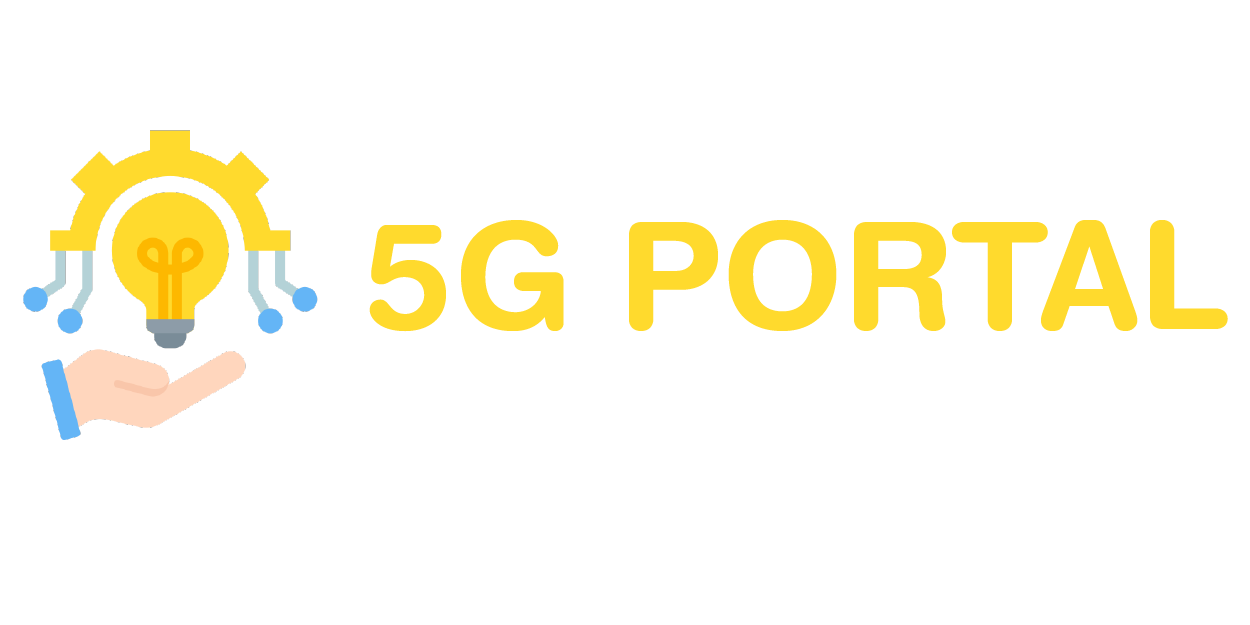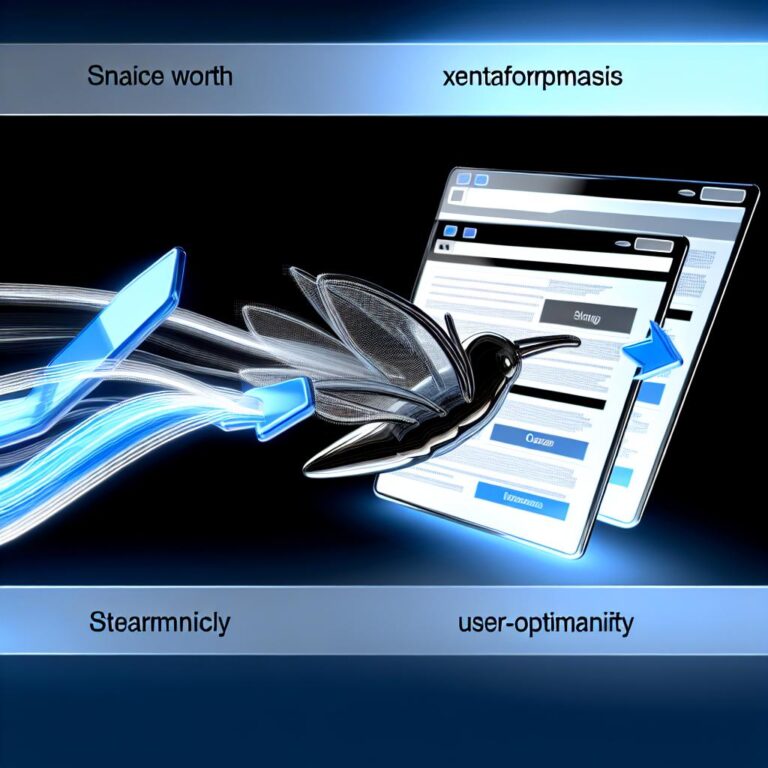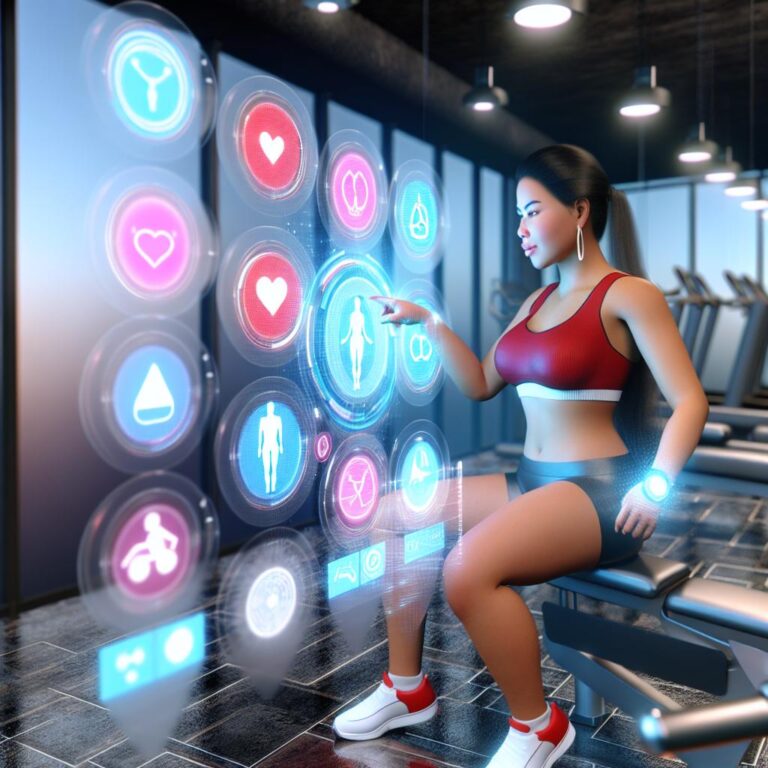Must have mental health apps: Which ones to try?
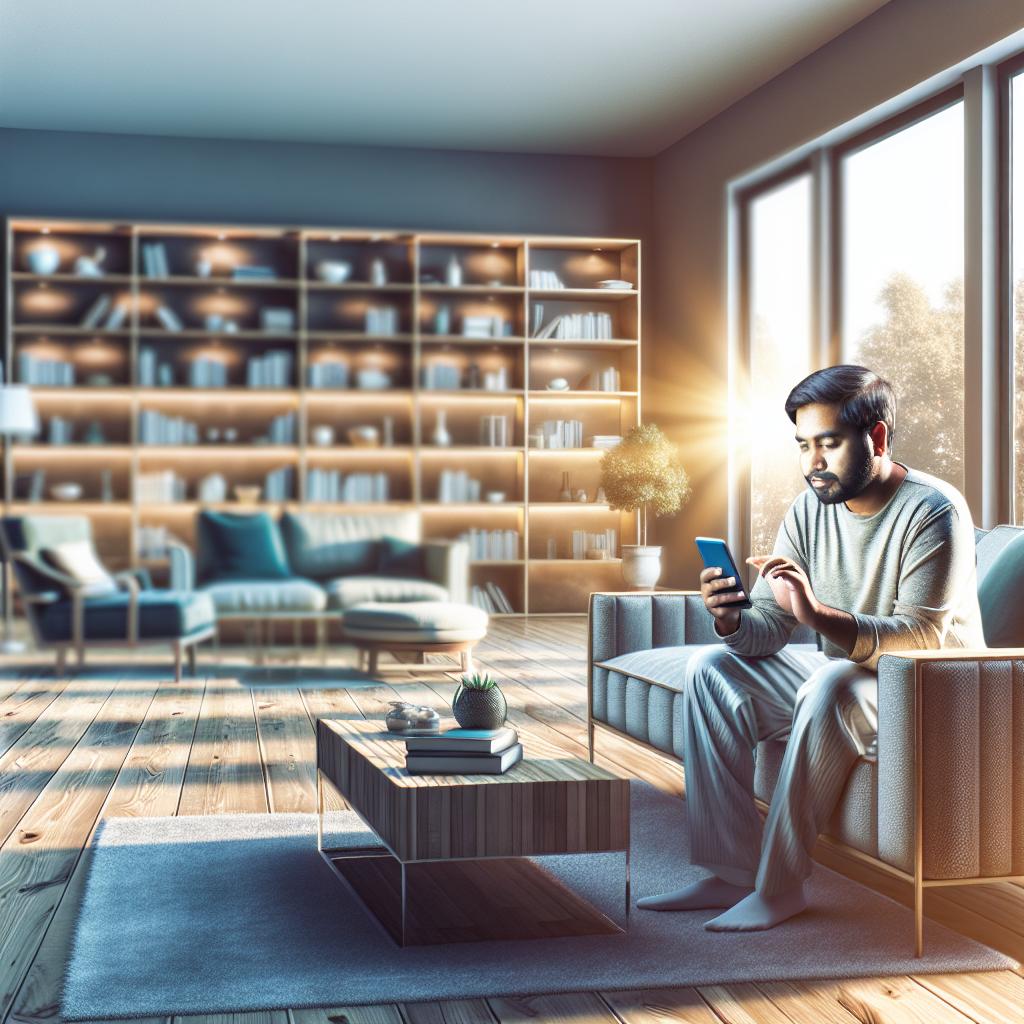
Must-Have Mental Health Apps
- Daylio: Quick mood tracking with icons, goal setting for activities, progress tracking through charts.
- Talkspace: 24/7 therapy access via text/audio/video, licensed therapist response within a day, costs $65+/week.
- notOK: Pre-crisis support via alerts to contacts, GPS location sharing for emergencies.
- MindShift CBT: Anxiety relief using CBT techniques, free app for mood tracking and thought management.
- iBreathe: Free app with customizable breathing exercises for stress relief.
- Headspace: Meditation app for stress reduction and sleep improvement, costing $12.99/month.
- Calm: Offers guided meditations and sleep stories for emotional well-being.
- NOCD & Recovery Record: Specialized support for OCD and eating disorders, respectively.
- Mental health apps supplement but don't replace in-person therapy; privacy concerns and cost vary.
In the fast-paced world of technology and AI, mental health often takes a backseat. Yet, maintaining mental wellness is crucial. Today, digital solutions make it easier than ever to care for your mind. Dive into the world of mental health apps with me. We'll explore must-have apps like Daylio, Talkspace, and notOK that support mental well-being. Discover their unique features and how they might fit perfectly into your daily routine. Let's make mental health a priority with technology by our side.
What are the must-have mental health apps?

Exploring mental health apps can be daunting. Here's a guide to top mental health apps that could be exactly what you need right now.
What are the top features of Daylio for mood tracking?
Daylio is a mood tracker app. I like how it lets you log your mood in seconds. You don’t have to write much if you don’t want to. You choose from simple icons that match your mood. It helps me see my mood patterns over time.
A neat feature is goal-setting. Daylio allows you to set goals for things like exercise or hobbies. This tracks your consistency and shows where you might improve. You can look back and see what works best for boosting your mood.
Progress tracking is great too. The app creates monthly charts from your logs. You can see your highs and lows visually. Progress bars show how close you are to reaching your goals. The app keeps records for months, which is helpful to identify trends.
How does Talkspace provide therapy access around the clock?
Talkspace is an app for therapy sessions. It's like carrying a therapist in your pocket. You can send messages any time, day or night. It's perfect if you need help when your schedule is tight.
The app offers text, audio, and video messaging. You can pick what feels safe and comfortable. Licensed therapists respond within a day. If you don’t connect with your therapist, you can easily switch to a different one.
Talkspace costs $65+ each week. With different plans available, you select what fits your needs. The price covers the therapist’s time and app use. It’s a modern way to connect with therapy without waiting for appointments.
Why is notOK app crucial for pre-crisis support?
The notOK app stands out for getting help fast. When you’re feeling overwhelmed, the app sends an alert to your trusted contacts. They know you need them right away.
The app’s peer support mechanism is vital. It’s not just for when you are in a crisis. You can reach out to friends before things get out of hand. The app breaks silence which helps prevent worse situations.
In emergencies, the GPS location feature shines. It shares where you are with your contacts. They can find you even if words are hard to speak. This feature gives peace of mind until safety arrives.
In the vast sea of mental health apps, these stand out as the best in their class. Daylio, Talkspace, and notOK each offer unique support tools that can significantly help. Keep these in mind when you explore top mental health apps tailored to your needs.
How do mental health apps benefit users?
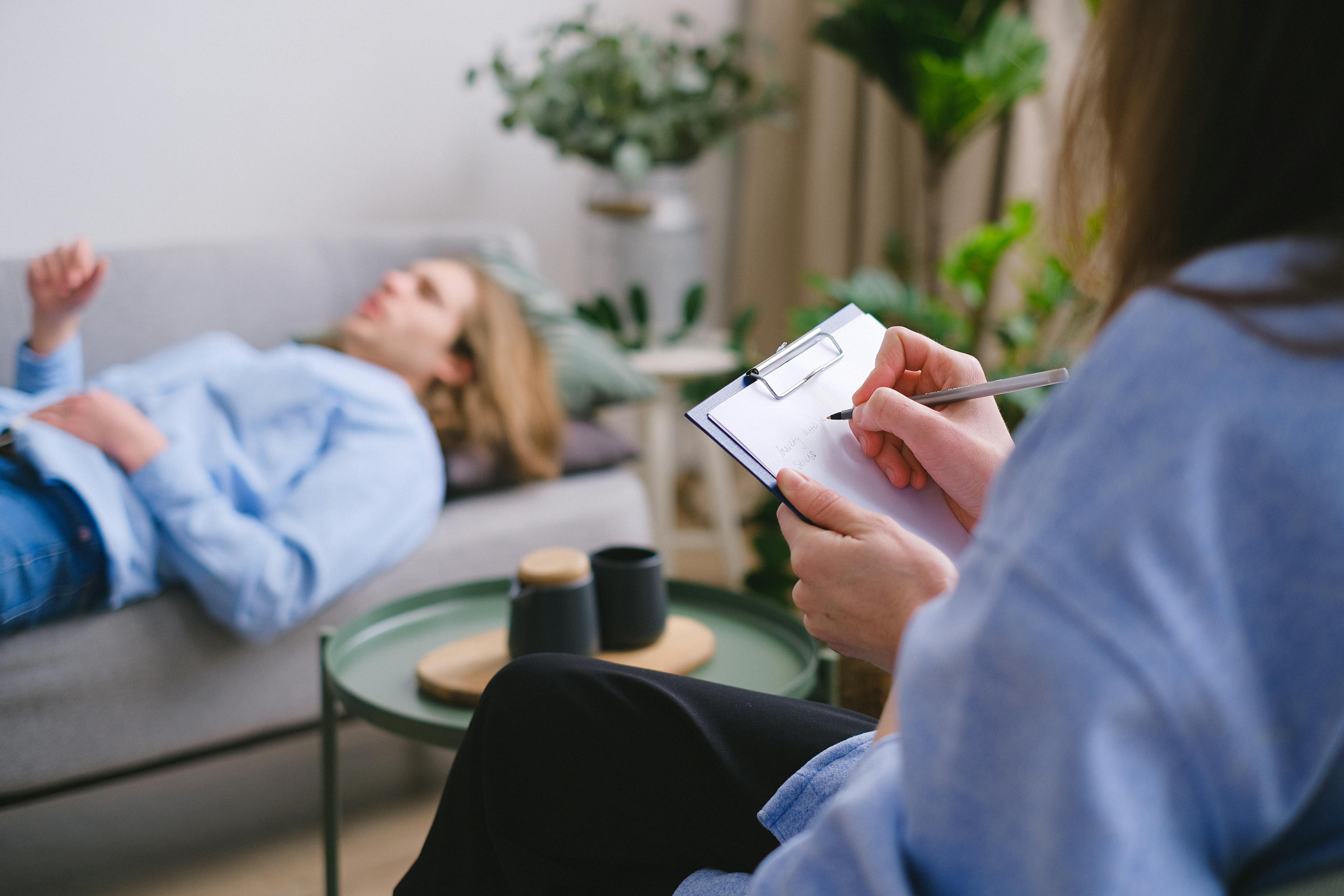
What benefits do mental wellness apps offer?
Mental wellness apps can boost our mood and mental wellbeing. These tools are often created using psychology research. They offer features like mood tracking, goal setting, or progress recording to help users monitor their feelings each day. For instance, apps like Daylio use data that you enter to help you understand better what affects your mood. These insights help in identifying favorable patterns and potential triggers. Meanwhile, digital therapy apps like Talkspace make therapy accessible from home. You can consult licensed therapists through texts, calls, or video. It is available for $65+/week. Access to professional guidance without appointments or travel brings flexibility and ease. Digital mental health tools make round-the-clock mental health support possible by connecting users to therapists or counselors whenever needed.
How can meditation and mindfulness apps contribute to mental health?
Meditation and mindfulness apps support mental health by reducing stress and improving sleep. Apps like Headspace offer guided meditation and breathing exercises that calm the mind. Users often report feeling more relaxed and focused after using such apps. Headspace has a library of sleep sounds and stress relief exercises. It costs $12.99/month and offers a 14-day free trial. The guided meditation sessions refine focus and awareness, paving the way for a mindful attitude. Practicing mindfulness aids mental clarity and emotional balance, which can lead to improved relationships and a more enjoyable life.
Which apps help with stress management and anxiety relief?
Stress management apps like iBreathe and MindShift CBT can provide quick relief. These apps use techniques like breathing exercises to help manage stress and anxiety. iBreathe offers simple breathing exercises designed for iOS and MacOS devices. It’s free and lets you create custom exercises best suited for you. These exercises help manage heart rate and reduce tension. MindShift CBT applies cognitive behavioral therapy (CBT) principles and offers features like mood tracking and discarding unhelpful thinking patterns. Structured guidance in CBT methods can empower users to face anxiety head-on. Both apps offer an easy way to practice stress-relief techniques daily, making mental care manageable and routine.
These digital apps are not mere tools—their consistent use can usher in a lifestyle shift where mental wellness becomes a personal priority. They seamlessly bridge the gap between self-care and technology, empowering users to take charge of their mental health with readily available, evidence-backed tools and practices.
What to consider when choosing a mental health app?
Choosing the right mental health app can feel tricky. It's like picking a trusted friend who listens and helps without judging. You'll want to start by asking, are mental health apps a substitute for in-person therapy? The answer is no, they don't replace face-to-face sessions. Apps offer help in between or alongside therapy sessions. They provide easy access and support when you need it. Online tools are convenient and private, but they lack personal touch. Lawyers often advise considering the trust and connection only in-person meetings can offer.
Apps challenge traditional therapy with their ease of use. However, some drawbacks exist too. For example, digital tools can't read your body language or tone. They might miss important cues about your feelings. Also, support from an app might not feel as personal. Yet, apps remain helpful if you need quick guidance or exercises to manage stress or anxiety. They offer flexible support functions like mental health app reviews and other digital mental health tools. Before committing, try out a couple of apps to see if they meet your needs.
Another question to ponder is, what privacy concerns should be accounted for? Data safety remains a big concern. Sharing personal thoughts online can make anyone nervous. Look for apps that explain their privacy policy clearly. They should follow strict privacy standards to protect your data. Such standards keep your conversations and details safe from third parties. Trustworthy apps will comply with regulations like GDPR for international data security. It's best to choose apps with a good track record on privacy and lots of positive feedback about their security measures. To learn more about privacy standards, you can explore this guide.
The next thing to consider is the cost factor: how much do mental health apps typically cost? Pricing varies; some are free with limited features, others charge a fee for premium services. You'll find apps with monthly fees, like Headspace and Daylio. However, notOK app and MindShift CBT offer free essential features to support your journey. More features often mean a higher cost, like Talkspace’s therapy sessions. Before picking, think about how much you are willing or able to invest in your mental well-being. Free apps are great and work well when funds are tight. Premium features can give you access to more resources and might be worth the cost.
To decide on the cost-effectiveness of an app, compare what the free version offers against the paid features. Check user reviews to see if people think paying extra improved their experience. Use trial periods to test premium tools before buying in. Happy app hunting! Remember, the best tools always provide value beyond their price. Each option has unique benefits tailored to different needs and situations. Select the one that will best support your mental health journey while keeping privacy and cost in mind. Each of these considerations ensures you get maximum benefits from the right mental health app, making your selection informed and satisfying.
Where to find apps for specific mental health conditions?

Finding the right mental health app can feel like a maze. Let's break it down, so you can easily navigate and find what works best for you.
Which apps are best for managing anxiety and stress?
Apps for anxiety and stress often combine several tools. Features may include breathing exercises, meditation guides, and mood tracking. The MindShift CBT app excels here. It offers CBT (Cognitive Behavioral Therapy) techniques, helps you track your mood daily, and includes guided meditations.
Another noteworthy App is iBreathe. This app is free and lets you customize breathing exercises to alleviate stress. Designed for both iOS and MacOS devices, iBreathe is handy for quick relief.
These apps are effective due to their targeted techniques. MindShift CBT uses evidence-based methods like CBT, which is a proven therapy for anxiety. The goal is to change negative thought patterns and behaviors. iBreathe, by focusing on breathing, can reduce stress—which in turn lowers anxiety.
How do apps support individuals with OCD and Eating Disorders?
Specialized apps like NOCD and Recovery Record cater to specific conditions like OCD and eating disorders. NOCD provides OCD-specific therapy through video sessions with licensed therapists. It also includes 24/7 in-app support, helping users whenever they need it. The cost is $110 or more per session, emphasizing personalized care.
Recovery Record is a powerful tool for eating disorder recovery. It’s free, pairs with professional treatment teams, and includes helpful tools like a meal tracker and progress charts. This app supports you in maintaining a healthy eating pattern, essential for overcoming eating disorders.
These apps don't just offer general advice. They are tailored with insights and tools suited for OCD and eating disorders, providing supportive communities and even direct communication with therapists.
What role do mindfulness apps play in mental health maintenance?
Mindfulness apps play a crucial role in maintaining mental health. They reduce stress, improve sleep quality, and enhance emotional well-being. Apps like Calm are top picks for these purposes. Calm offers numerous features: guided meditations, sleep stories, and relaxing sounds.
Mindfulness apps help by promoting practices that ground users in the present. Regular usage can lead to long-term benefits, such as improved focus and emotional stability.
User reviews of Calm often highlight how it improves sleep and reduces stress, contributing to overall better mental health. Regular use over time can result in significant improvements.
In this digital age, these apps are vital companions in mental health maintenance. They’re readily available on your smartphone, offering a lifeline whenever you need mental health support.
For more information on privacy standards and how telehealth apps are keeping your data safe, you can refer to this useful guide.
By understanding the capabilities of each app and how they align with your mental health needs, you'll be better equipped to find the right digital help.
Conclusion
Mental health apps offer powerful tools for tracking moods and accessing support. Daylio shines with its goal-setting features, while Talkspace connects users with therapists anytime. The notOK app is essential for pre-crisis support with GPS features. These apps boost mental well-being, ease stress, and improve sleep quality through guided meditation. However, pick your app with care, considering privacy and cost concerns. Digital tools complement traditional therapy but don't replace it fully. With the right app, you can tackle anxiety, OCD, and more, enriching your mental health journey.
